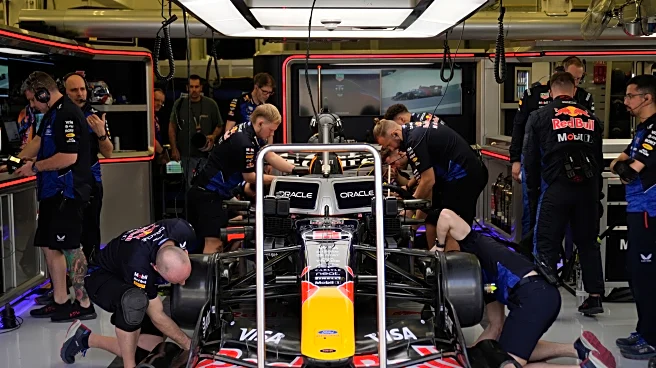By Erwin Seba
HOUSTON (Reuters) -More than 300 United Steelworkers union (USW) refinery and chemical plants workers meeting in Pittsburgh approved on Thursday proposals for labor negotiations set to begin
early in 2026 with energy companies, said Mike Smith, chair of national oil bargaining for the union.
The current four-year contract covering 30,000 workers expires shortly after 12 a.m. on Feb. 1, 2026. The USW members work at refineries that account for over half of national crude oil processing capacity.
USW negotiators led by Smith and including International President David McCall and International Vice President Roxanne Brown will begin meeting in January with negotiators from Marathon Petroleum, which will be representing the industry.
"As the lead company in national pattern negotiations, MPC looks forward to productive negotiations with the USW and is committed to working toward a mutually satisfactory agreement,” said Marathon spokesperson Jamal Kheiry.
A key issue will be wage increases for refinery and chemical plant workers, who average more than $50 an hour for inside operators.
“I would say the proposals on wages are significant for the times in which we are living,” Smith said. He declined to be more specific about the union’s wage proposals.
Another top issue is the cost of health care, Smith said.
“We’re trying to secure good decent health care without bearing the brunt of rising costs,” he said.
And as with many industries, the union has a proposal on artificial intelligence.
“The AI proposal is really to protect us as we try to understand the impacts on our sector,” Smith said.
A supermajority of local unions must approve the proposals agreed to in Pittsburgh within 45 days so they can be brought to the bargaining table.
Smith said he could not now predict how difficult or easy the negotiations might be with Marathon.
"It is early,” he said. “No bargaining session is easy or simple. Our members are ready to do what it takes to secure a good contract for our membership.”
At negotiations in 2022, the USW secured a 2.5% wage increase in the first year, 3% in both the second and third years and 3.5% in the fourth year.
(Reporting by Erwin Seba; Editing by Leslie Adler)











